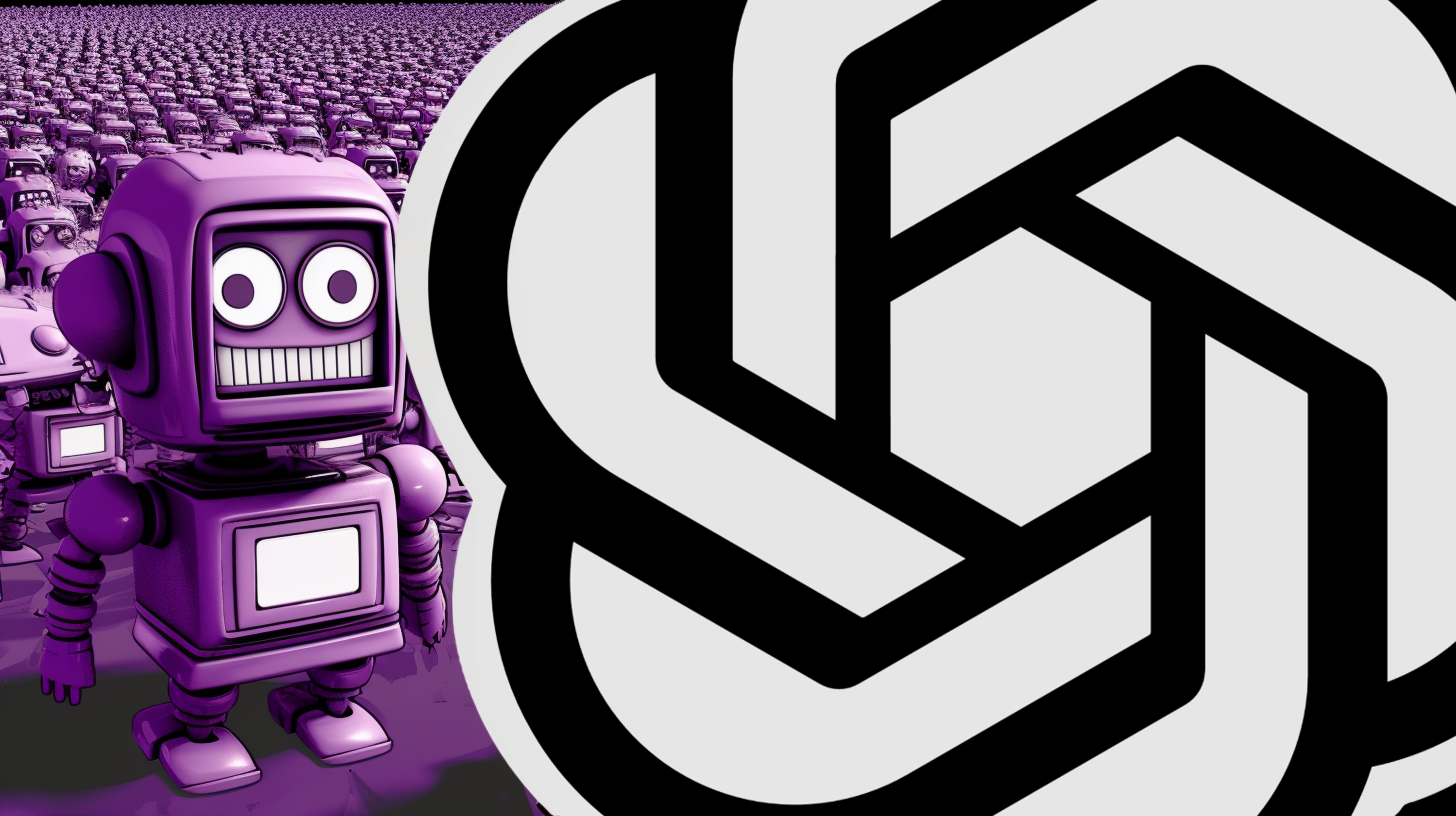OpenAI's hunger for growth puts pressure on AI startups

As OpenAI transforms from a simple API provider into a full-service AI solutions company, many startups built on its technology might need to rethink their strategies.
Adam Goldberg, OpenAI's GTM Manager, says the company's edge comes from having it all: strong infrastructure, rich data, powerful models, fine-tuning capabilities, and user-friendly applications. "It's an AND, not an OR," Goldberg says. "You need all of it."
If that's OpenAI's strategy, smaller companies that rely on OpenAI's models face some tough challenges. It's hard for startups to compete when they're up against a company that controls the infrastructure, the data, and the advanced models.
Moreover, OpenAI's ambitions extend beyond software - OpenAI plans to re-enter the robotics industry with its own hardware, while CEO Sam Altman develops consumer devices with partners. And the company is planning for massive growth in the coming years.
Reinforcement learning opens doors for specialized startups
But it's not all bad news for smaller players. Rohan Pandey, who researches model architecture at OpenAI, sees a bright spot for smaller companies by utilizing the tech behind their new o-models.
"The LLM RL paradigm is incredibly well-suited for YC-style startups (at least in the short term) training vertical agents, due to RL task diversity," he explains.
This makes sense because reinforcement learning helps train AI models for very specific tasks, which need very specific data. For instance, a startup could use reinforcement learning to train an AI specifically for certain medical diagnosis or financial analysis, rather than trying to compete with general-purpose AI assistants.
Creating and maintaining high-quality datasets remains a core challenge. Even OpenAI would struggle to automate and scale this process across numerous industries and applications.
In early December 2024, OpenAI released their RFT (Reinforcement Fine-Tuning) technology as a developer service. While this lets startups customize OpenAI's basic language models for specific needs using RL, adoption has been slow according to Pandey - likely because OpenAI is keeping access limited to select developers through their research program.
Back in April 2024, OpenAI's CEO Sam Altman had some straightforward advice for AI startups: don't get too comfortable with today's technology. He suggested planning for models to improve dramatically with each update. If startups don't prepare for this rapid progress, Altman warned, OpenAI will "steamroll" them - not out of malice, but simply because they're focused on building the best possible AI systems.
Take, for example, the specialized AI PDF chats that were popular when GPT-3 and GPT-3.5 were first released. Today, this functionality is built into ChatGPT and similar tools. Even more established startups like Perplexity have reason to worry. Nearly all of the major model and chat providers - OpenAI, Mistral, Google, xAI, and Deepseek - now offer their own web search and deep research capabilities. In response, Perplexity has begun editing and fine-tuning its own AI models.
AI News Without the Hype – Curated by Humans
As a THE DECODER subscriber, you get ad-free reading, our weekly AI newsletter, the exclusive "AI Radar" Frontier Report 6× per year, access to comments, and our complete archive.
Subscribe nowAI news without the hype
Curated by humans.
- Over 20 percent launch discount.
- Read without distractions – no Google ads.
- Access to comments and community discussions.
- Weekly AI newsletter.
- 6 times a year: “AI Radar” – deep dives on key AI topics.
- Up to 25 % off on KI Pro online events.
- Access to our full ten-year archive.
- Get the latest AI news from The Decoder.